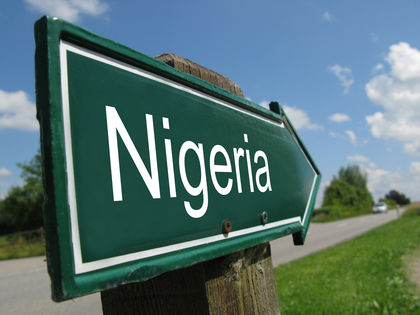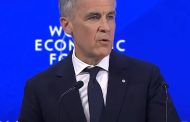By Ambassador Usman Sarki
“The due arrangement of men in the active part of the state, far from being foreign to the purposes of a wise Government, ought to be amongst its very first and dearest objects”, Edmund Burke, 1729-1797
Accumulated disappointments and the feeling of being let down have burdened Nigerians so heavily, that they no longer seem to trust authority or people in positions of power. The desultory manner with which government was run in the country has thrown orthodoxy out and introduced arbitrariness into our politics and dubiousness into our administration.
This in turn, has led to an insidious tendency towards distrust and suspicion of people in power and authority everywhere in the country. This adversarial disposition towards authority today seems to define the relationship between the people and the government as well as their leaders. Adversities, however, sometimes carry within them the seeds of change and rejuvenation when managed wisely and decisively.
Wisdom and constancy are the surest guarantors of progress in any society that is in the process of transiting from one stage of development to another, and from uncertainty towards a pre-determined course of evolution. When deployed correctly and maintained as the principal drivers of government, wisdom and constancy can and do change the trajectories of countries in decisive ways.
As Nigeria transits to a new dispensation albeit within the same general economic and political arrangements, wisdom and constancy should be allowed to prevail in making of choices about the direction in which the country is taken. For the first time in its democratic experience, Nigeria will be led by a president and vice-president who have both held similar offices as state governors and senators.
The qualitative advantages that they will bring into office will hopefully lead to a visible transformation in the way the machinery of state is handled and the decisiveness with which policies are prosecuted. Between them also, a high level of appreciation of precision in governance and tight organisation of the state can be expected. They are also expected to apply wisdom and constancy in their leadership of the country.
These two critical determinants of progressive advancement of countries are needed so desperately and urgently more than any other factors. Wisdom is needed to provide good and accountable governance to Nigeria which we desperately need at this critical time. Constancy is needed to bring back credibility and respect for authority everywhere in the country that have been eroded by so many bad episodes and experiences over several years.
It cannot be denied that both governance and authority have suffered tremendously in Nigeria due largely to negligence of duty and the ascendency of nepotism and avarice in public administration. To correct these vices and place governance on an assured footing and even keel, there should be a debate on the character of people that should be entrusted with the key offices of state in the country.
Taking a hard look at the overall administration of the country is critical in getting things done correctly in Nigeria. This should be the beginning of the reform and corrective strategies aimed at making sure that the people are elevated to the position of trust and responsibility in determining their own affairs. This is the great hope that is entailed in the incoming Tinubu/Shettima dispensation.
Choices made in leadership selection are crucial to the appropriate ordering of priorities in advancing democracy and entrenching good governance in any country. It must be admitted that in Nigeria, however, these choices are not readily available to the citizens, on account of the fragmented nature of the society as well as the disorganised type of democracy that we are used to practicing.
The problems with Nigeria are not matters of perception but realities borne out of everyday experiences and demonstrable conditions of the country. Nigerians feel robbed of their posterity and entitled privileges. They feel under siege today due to the multiple and intersecting challenges confronting them individually and collectively as a nation.
On the whole, we should blame our manners which are fickle and capricious as well as fluid for our lamentable conditions. The abuse of privilege has been the defining characteristics of Nigerians since independence, and this has resulted in situations of challenge to authority and irresponsible obstruction of governance.
Constancy of manners might be the one thing that we need that could prove beneficial to our redemption after all. This should begin from the realisation that a people incapable of exercising responsibility is not entitled to enjoy freedom. Much as we need to reform our manners, we also desperately need leaders who have viewed the world correctly and can instinctively judge the direction towards which to take our country without faltering in every step.
The world does not owe us a living, rather, the world is despairing of us. We owe the rest of the world the readiness to arrange our affairs correctly and remove from the map the stain of general malaise and disorderliness that we represent. Let us make 2023 a decisive year of consciousness and deliberation in all our affairs so that we could order and organise our politics and governance around rational precepts and leaders of approved character and proven integrity.





























1 Comments
Femi
I read through parts 1 and 2 of your write-up on the Challenges of Politics and Governance in Nigeria. The thoughts and submissions are too sacrosanct and germaine as a candid x-ray of a mammoth of issues bedevilling the nation.
It offers hope and what must be done as a matter of urgency by the leadership to restore the redemptive purposes of governance.
The thoughts should NOT be consigned to this forum but forwarded to “think thank” agencies of government to rub minds on the suggestions for intellectual refinement, application of wisdom and practical precepts of politics needed to engineer the routine of governance and institutions of state henceforth.